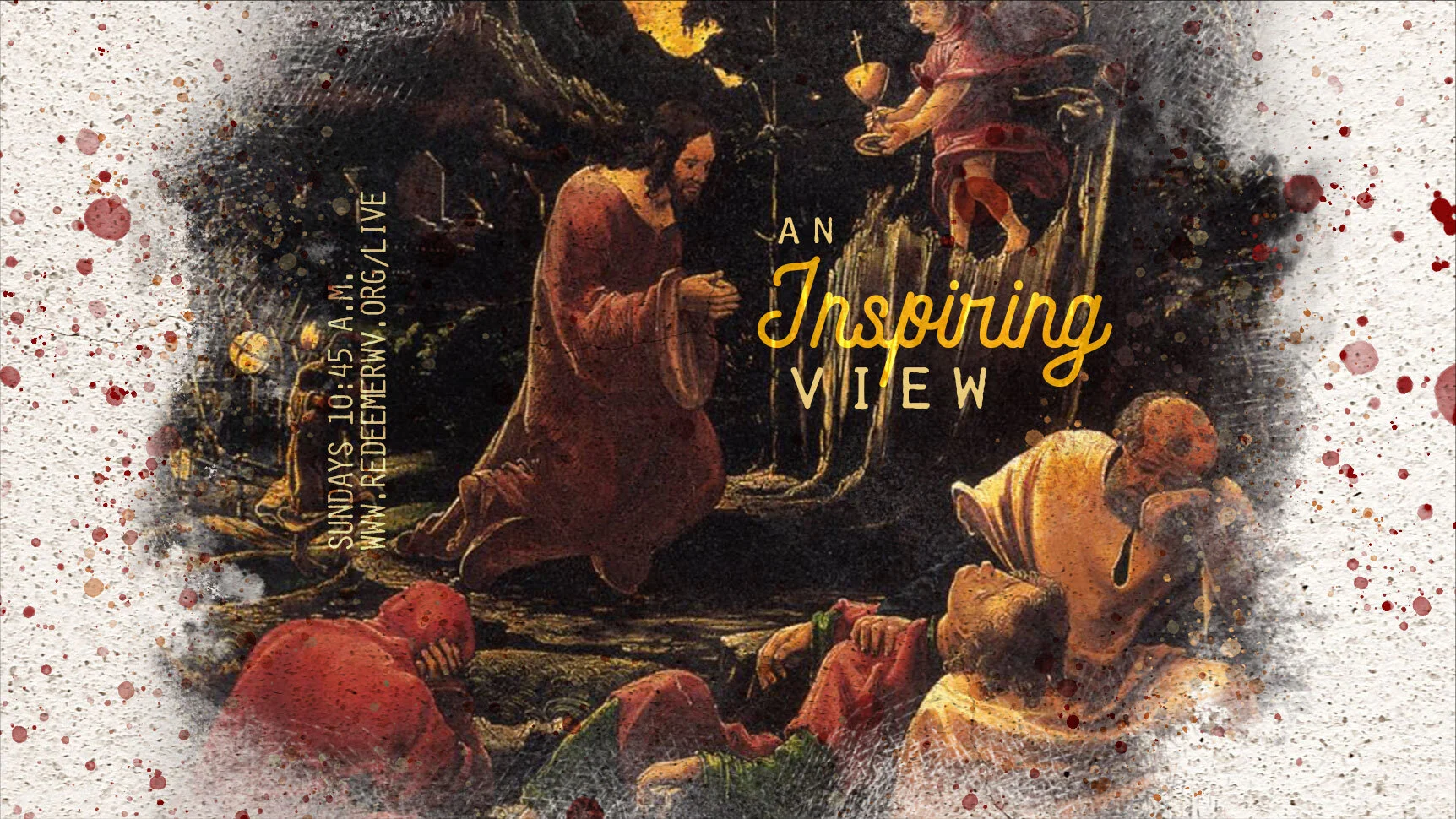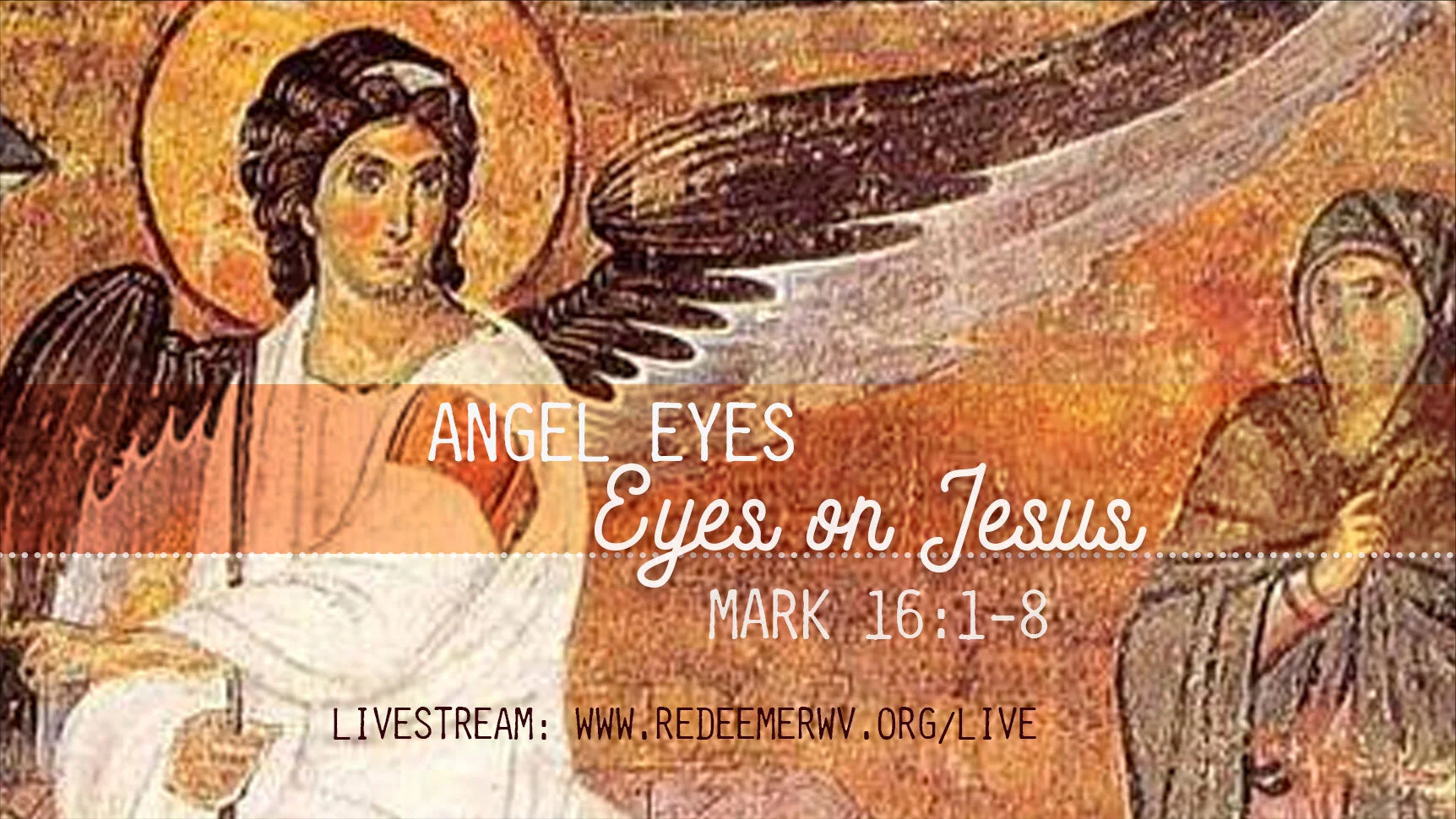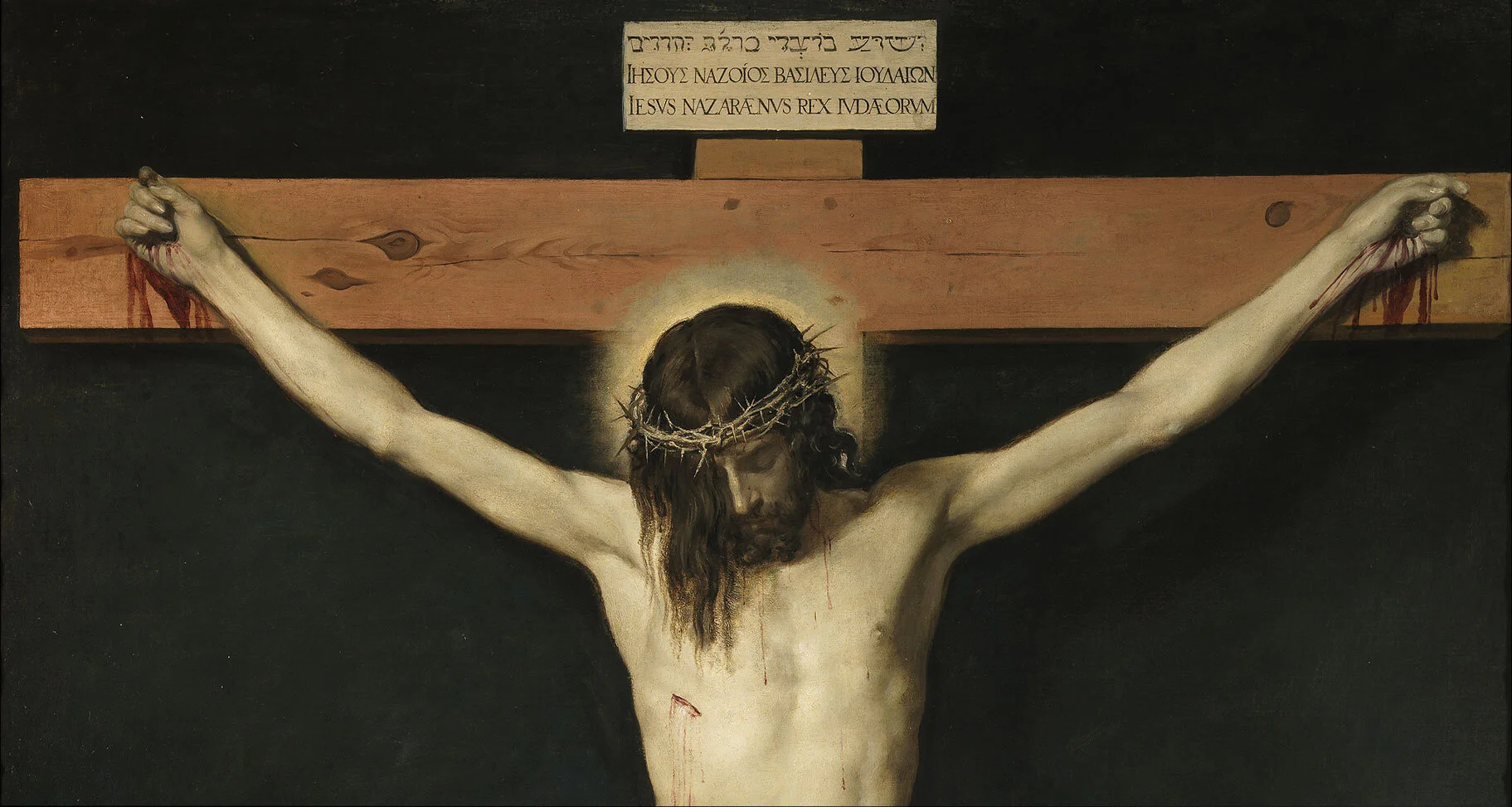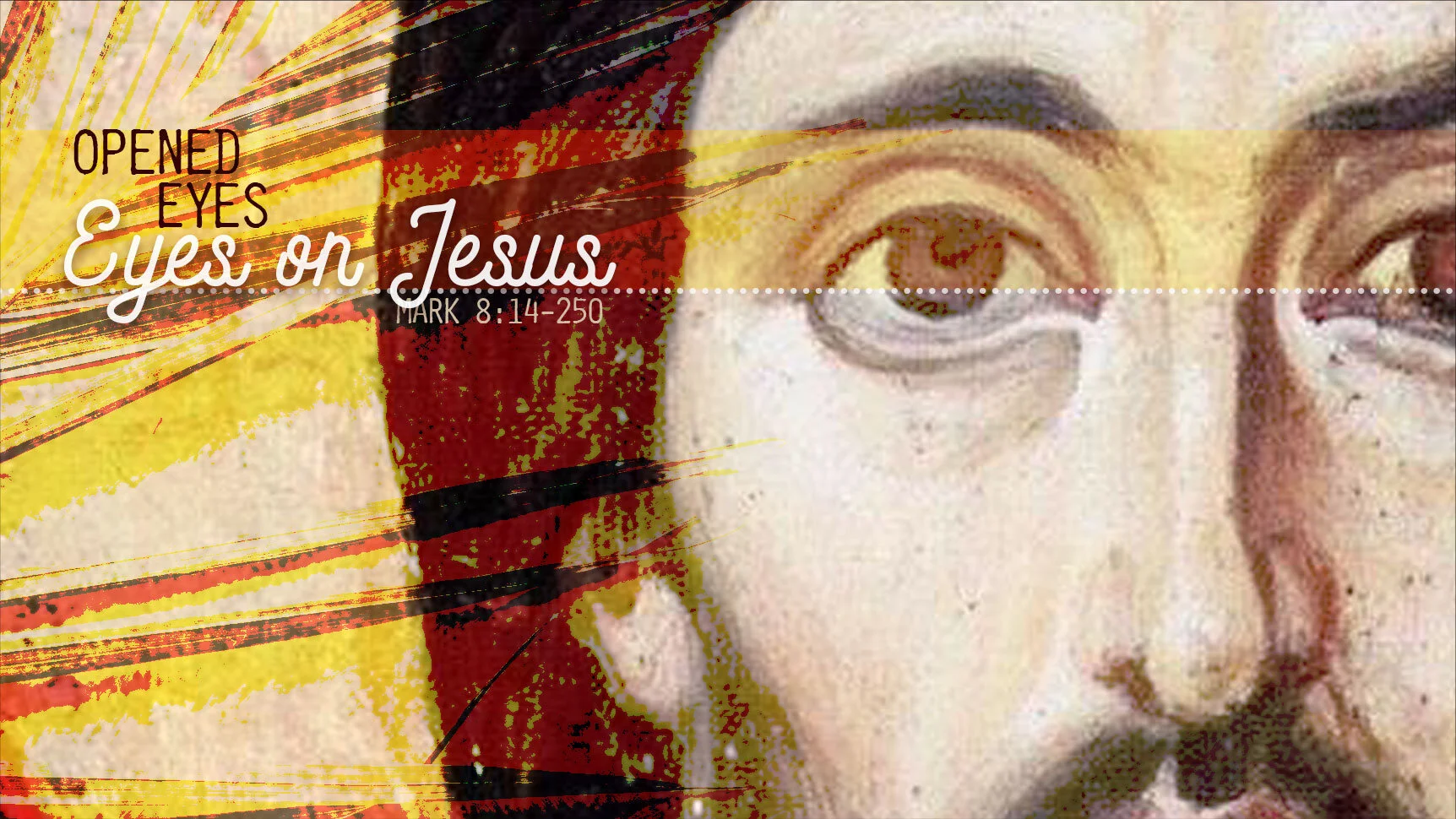God Calls Us to See Our Lives in Light of the Death and Resurrection of Christ. This is our larger landscape. This is our larger vision. When suffering enters our lives, when difficulties endanger our discipleship, Peter encourages us to see this larger vision of our risen and ruling Lord.
Read MoreThe story of the stoning of Stephen -- this story has it all. Care for the poor. Miraculous powers. Murderous threats. Impassioned speech. Glory shining in the heavens and blood flowing on the earth. And somehow, God is ruling amid all these things. But what is God doing?
Read MoreThrough our reading in 1 Peter this week we learn:
Our Good Shepherd is our example in suffering… and so much more!
Our Good Shepherd is an example of endurance… and more.
Our Good Shepherd is the example of forgiveness for those who do us wrong… and more.
In this week’s lesson from Luke’s Gospel, we hear the story of Jesus joining a couple of His followers on the road to Emmaus. They did not recognize Jesus.
It is not that these travelers were confronted with a case of mistaken identity. Their eyes were kept from recognizing Him. It was not that the Lord Jesus was absent from them. No, He was right there with them on the road, but they were prevented from recognizing Him. They could not see Him for who He is. Jesus remains to them a stranger.
Why?
Read MoreEaster is, among other things, about the power of the voice. On this Second Sunday of Easter, the risen Lord Jesus comes to you and to me to speak His peace into our hearts so that we may speak that peace into the world.
Read MoreEaster Sunday gazes upon “Angel Eyes.” The angel in the tomb knows the whole story of Jesus’ resurrection. When he sees the women, he proclaims the Gospel to them, shows them where Jesus’ body had formerly lain, and tells them that they can see Jesus themselves in Galilee. Likewise, the “angels” or messengers of the Church in the apostolic ministry tell God’s people where they can find Jesus and His salvation in the Means of Grace.
Read MoreOn Good Friday, we look through “God’s Eyes” to see what is happening during the Passion: the once-for-all atonement for the sin of the whole world and the justification of all sinners on Easter.
Read MoreOn Maundy Thursday, there is “More Than Meets the Eye” to the Lord’s Supper. We will look into the Old Testament background of the Last Supper and rejoice in the mystery that Jesus, in and with, bread and wine, gives us His body and blood in order to deliver to us the benefits of His Passion.
Read MoreOn Palm Sunday, we look through the “Opened Eyes,” given to us by our Savior and whereby our King, humble and riding on a donkey, removes the scales from our eyes; and in our Baptisms we are given the gift of the sight of faith that we would behold His Word and Sacraments and take in the forgiveness and light and life that Christ gives to us as pure gift.
Read MoreIn the fifth week of Lent, we look through the “Worldly Eyes” of Pilate, the Jewish leaders, and the Roman soldiers. Pilate can only view matters in a worldly, pragmatic way, wishing to placate the worldly Jewish leaders and crowd, so he consents to handing Jesus over for crucifixion. The soldiers see the opposite of a worldly king, but their ironic hailing of Him as “King of the Jews” proclaims who He really is. The world looks for power and glory; God’s way is suffering and the cross.
Read More“Murderous Eyes” is the theme of Week 4 in Lent. The chief priests and scribes saw Jesus as an obstacle to be rid of by murdering Him through the Roman judicial system. Yet during the Passover festival, they would unwittingly bring about the Father’s sacrifice of the ultimate Passover Lamb.
Read MoreIn the third week of Lent, we stare into the “Denying Eyes” of Peter and the other apostles. They could not see how they could ever fall away from Jesus, but after Jesus is betrayed by Judas, ten of them flee, and Peter—when he is spotted by a servant girl and sees that his own neck is on the line—sees fit to deny Jesus, which leads to his own eyes weeping in remorse. We sinners likewise deny our Lord in many ways, but Jesus denied Himself to take up the cross for our salvation.
Read More











